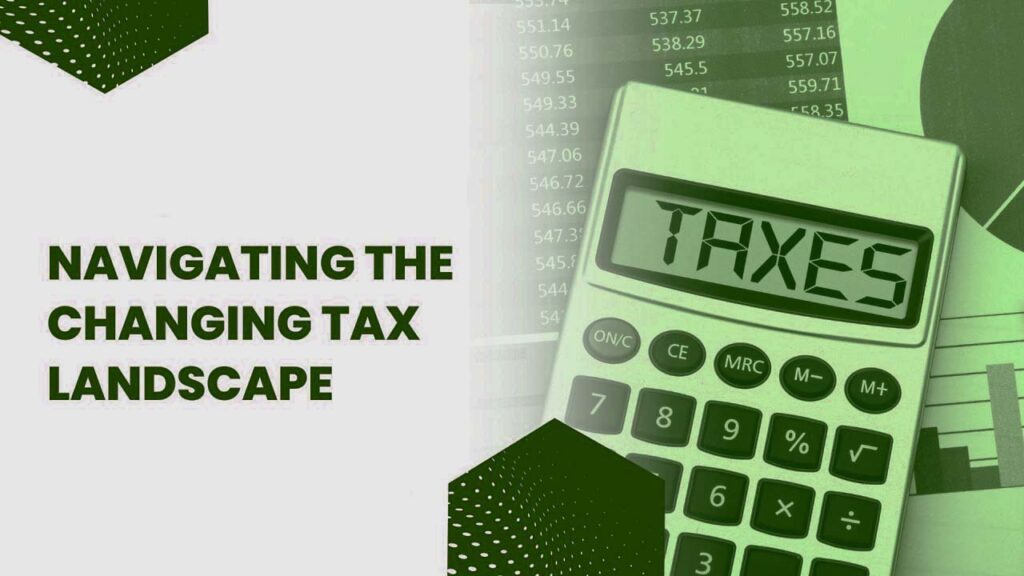
KARACHI: The proposal for doubling tax collection from business individuals and salaried person will hurt the middle and upper middle income groups.
Ateeq ur Rehman, an economic and financial analyst, paints a grim picture of the current economic situation, particularly emphasizing the challenges faced by the salaried class.
According to him, heavy taxation on the salaried class and the organized sector is hindering economic growth, as relying solely on these segments for the tax-to-GDP ratio is seen as an unfavorable sign.
Rehman suggests a broader tax base that includes retail, real estate, and agriculture, highlighting the pressing need for diversification. He criticizes the composition of the economy, pointing out that heavy utility tariffs and additional taxes are not conducive to a healthier economic environment.
Privatization, Rehman argues, is becoming increasingly inevitable to alleviate the burden of liabilities and losses in major public sectors. He stresses that the financial sector cannot bear the weight of payables and losses incurred by unprofitable entities.
Circular debt in electricity and gas, according to Rehman, is another significant challenge, contributing to high energy and gas tariffs. The rising industrial tariffs, particularly in electricity and gas costs, are affecting the production expenses of industries, making it difficult for them to remain competitive.
Furthermore, Rehman expresses concerns about the impact of high interest rates on working capital costs and the discouragement of investments in capacity expansion. He links inflation and negative interest rates, stating that the current economic conditions do not justify any easing at this point.
The decline in both large-scale and small-scale manufacturing is highlighted as a worrying trend, encompassing various industries such as textiles, automobile, iron and steel, electrical equipment, POL refining, pharmaceuticals, cement, engineering, and chemicals.
To achieve ambitious economic targets, including exports, remittances, and local economy size, Rehman recommends economic planning focused on reducing debt burdens and attracting foreign direct investment (FDI) to the tune of billion.
Overall, his analysis underscores the multifaceted challenges facing the economy and the need for strategic interventions to stimulate growth and sustainability.
Pakistan’s current account posts surplus of $9mn in November
